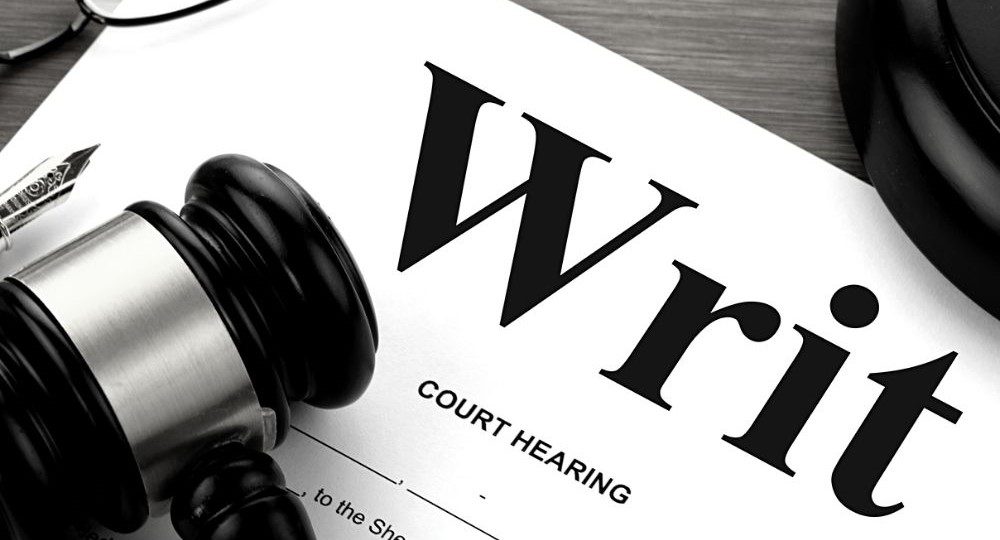KULAM.B.B Vs. THE DEPARTMENT OF MUNICIPAL WORKS
Pronounced on : 14.08.2023
CORAM: THE HONOURABLE MR.JUSTICE R.SUBRAMANIAN AND THE HONOURABLE MR.JUSTICE B.PUGALENDHI
WP(MD)No.12026/2021:-
Introduction:
The case at hand involves a series of writ petitions (WP) filed by individuals challenging notices of encroachment and seeking protection against eviction from residential houses constructed within the Bibikulam area. The petitions were heard together due to their common issue and disposed of by a common order issued by Justice B. Pugalendhi.
Background:
Several petitioners challenged Form III notices issued against them on allegations of encroaching upon the Bibikulam Tank area in Madurai. The notices were initially treated as show-cause notices by the court and the respondents were directed to consider the explanations provided by the encroachers.
Writ Petition No.12026 of 2021:
The petitioner claimed that they were not issued proper notice or provided with alternate accommodations as directed by the court in a previous order. They sought a writ of mandamus to prevent eviction without compliance with the court’s order.
Writ Petitions Nos.15272 to 15276 of 2021:
These petitioners occupied houses constructed by the Slum Clearance Board under JNNURM. They argued that without adhering to the court’s directions and without providing alternate accommodations, the authorities planned eviction. They sought protection through a writ of mandamus.
Writ Petitions Nos.13062, 13066, 12930, 13070, 12926, 13061, 12855, 12907, 12846 of 2021:
These petitioners challenged Form III notices issued against them. They claimed that despite submitting replies with documents, the authorities failed to comply with the court’s previous order, which allowed them to offer detailed responses. They sought protection from eviction through a writ of mandamus.
Court’s Analysis:
Justice B. Pugalendhi, the presiding judge, heard the submissions of all parties, including the Additional Advocate General representing the respondents. The court was informed that the Bibikulam area had faced encroachment issues, with several notices and eviction actions taken by the authorities. The court emphasized that all petitioners were given opportunities to respond and that eligible persons were being identified for alternate accommodations.
Legal Principle Applied:
The court reiterated its commitment to ensuring due process and adherence to its previous orders. It highlighted the importance of compliance by the authorities with the court’s directions. Additionally, the court emphasized the identification of eligible beneficiaries for alternative accommodations and the need for a fair and lawful eviction process.
Court’s Decision:
The court disposed of all the writ petitions with a direction to the authorities to proceed further in accordance with the law, considering the replies submitted by the petitioners. It mandated the provision of alternative accommodations to eligible beneficiaries at the Slum Clearance Board, Rajakoor, or other suitable places. The court set a timeline of six months for completing the identification and accommodation process.
Analysis and Implications:
The case underscores the role of the court in protecting the rights of individuals facing eviction due to encroachments. It demonstrates the court’s commitment to ensuring that due process is followed and that affected parties are given opportunities to present their cases. The court’s emphasis on alternative accommodations for eligible beneficiaries reflects its concern for the welfare of those affected by eviction.
Conclusion:
The case involving Bibikulam encroachments highlights the complexities of land encroachment issues and the court’s role in safeguarding the rights of individuals while also addressing public interest concerns. The court’s orders for compliance with due process, identification of eligible beneficiaries, and provision of alternative accommodations emphasize the balanced approach taken to address these issues. The case serves as a reminder of the judiciary’s role in upholding justice and fairness in cases of encroachments and evictions.
“PRIME LEGAL is a full-service law firm that has won a National Award and has more than 20 years of experience in an array of sectors and practice areas. Prime legal fall into a category of best law firm, best lawyer, best family lawyer, best divorce lawyer, best divorce law firm, best criminal lawyer, best criminal law firm, best consumer lawyer, best civil lawyer.”
Written by- Shreeya S Shekar


